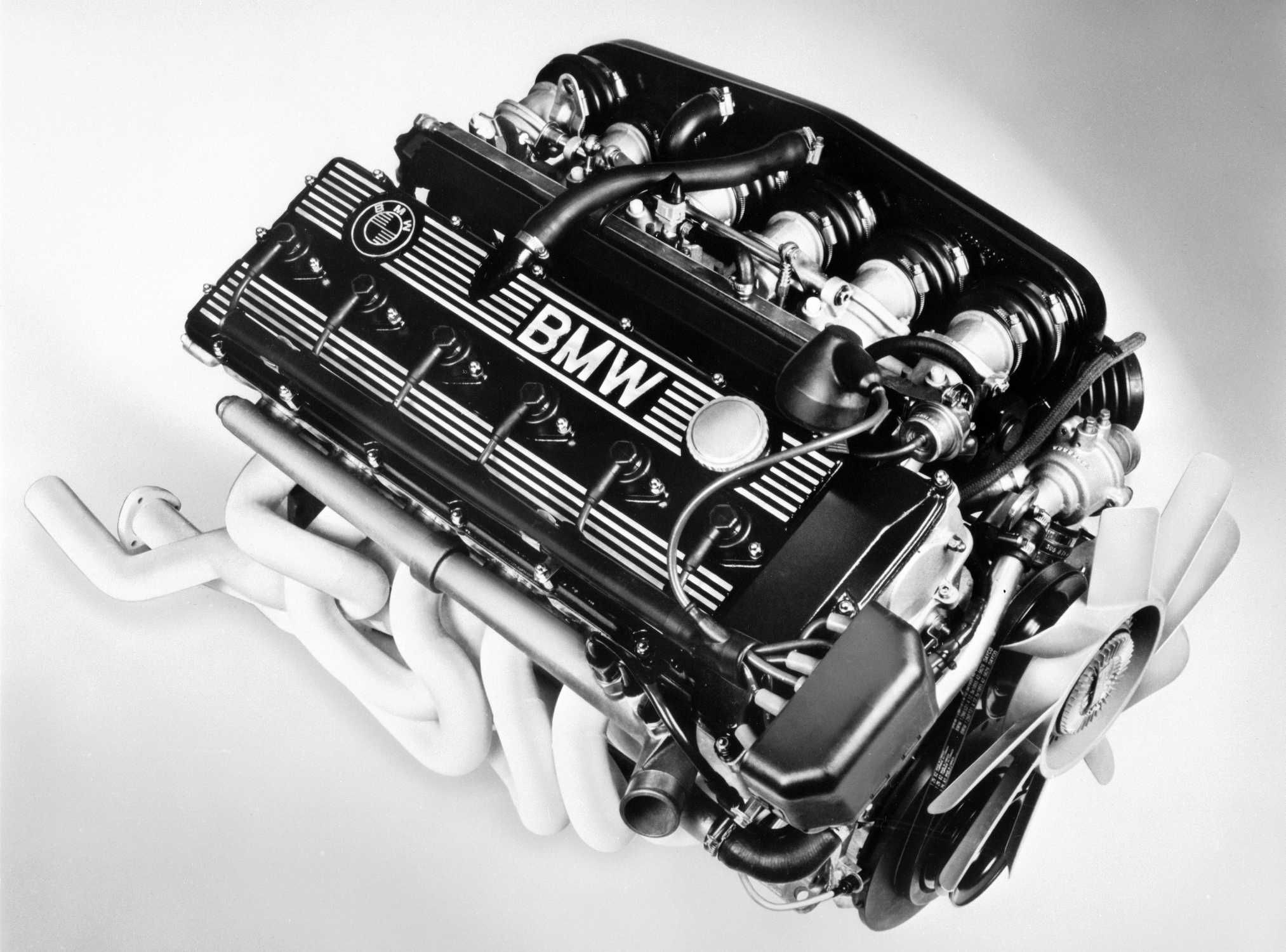Exactly how to Preserve Your BMW Engine for Ideal Efficiency and Long Life
Exactly how to Preserve Your BMW Engine for Ideal Efficiency and Long Life
Blog Article
Unveiling the Intricacies of Next-Generation Power Units: a Deep Study Advanced Engine Innovations and styles
As we stand on the precipice of a new age in transportation, the details of next-generation engine styles bid us to discover the sophisticated technologies and technologies that promise to redefine the driving experience. Diving deeper right into the realms of exhaust control, intelligent engine administration systems, and the perspective of power device advancement, we find ourselves on the cusp of a makeover that promises to improve the landscape of flexibility as we recognize it.
Evolution of Engine Materials

The change in the direction of advanced engine materials has likewise allowed designers to create engines with greater power results while keeping gas performance criteria. The usage of lightweight materials decreases the overall weight of the engine, leading to boosted gas economic situation and reduced exhausts. In addition, innovations in products modern technology have actually enabled for much better thermal administration within engines, leading to enhanced reliability and longevity.
Turbocharging and Supercharging Technologies
Just How do Turbocharging and Supercharging Technologies reinvent engine performance and performance in contemporary lorries? Turbo charging and turbocharging are innovations that considerably boost engine performance by enhancing the amount of air intake into the combustion chamber. Turbocharging attains this by utilizing a wind turbine driven by exhaust gases to pressurize the intake air, while supercharging utilizes a belt- or chain-driven compressor to achieve the very same impact.
These technologies make it possible for smaller sized, more fuel-efficient engines to create power equivalent to bigger ones, called downsizing. Forcibly more air right into the cyndrical tubes, turbocharging and turbo charging improve burning performance, leading to increased horsepower and torque result without a considerable rise in engine size. This causes much better acceleration, hauling capacity, and general driving efficiency.
Moreover, turbocharging and turbo charging contribute to enhanced gas performance by enabling the use of smaller engines that eat much less fuel under typical driving problems - bmw engine. This mix of enhanced performance and performance has actually made turbocharging and supercharging important parts of numerous modern engine designs
Discharge Control and Environmental Effect
With raising international issues pertaining to air top quality and environmental sustainability, the implementation of emission control technologies in vehicles plays a critical role in decreasing damaging contaminants launched right into the ambience. Modern lorries are outfitted with sophisticated emission control systems that help reduce the ecological influence of automotive procedures. Catalytic converters, for circumstances, are designed to transform harmful gases such as carbon monoxide, nitrogen oxides, and hydrocarbons into less hazardous substances like carbon dioxide and water vapor.
Moreover, innovations in engine modern technology, such as the assimilation of exhaust gas recirculation systems and careful catalytic reduction, have substantially contributed to lowering exhausts. These modern technologies function in tandem to enhance combustion efficiency and reduce the release of harmful toxins into the air. Additionally, the development of crossbreed and electrical cars represents an essential step in the direction of minimizing the general environmental impact of the transportation sector.
Intelligent Engine Monitoring Systems

Moreover, these systems enable cars to fulfill rigid emissions requirements without compromising efficiency, providing a much more eco friendly driving experience. The assimilation of expert system and artificial intelligence abilities in engine monitoring systems remains to press home the boundaries of what is possible, bring about further renovations in effectiveness, integrity, and overall automobile efficiency. bmw engine. As automobile innovation advancements, smart engine management systems will play a critical role fit the future of transport towards a much more efficient and sustainable direction
Future Trends in Power Device Development
As smart engine monitoring systems lead the means for boosted control and optimization in modern-day automobiles, future patterns in power system development are poised to redefine the landscape of automobile propulsion modern technologies. These alternate power sources offer boosted effectiveness and performance while lining up with rigorous environmental regulations.
An additional substantial pattern is the combination of advanced materials and making methods. Lightweight materials such as carbon fiber and aluminum are being made use of to lower general car weight, enhancing gas efficiency and efficiency. Furthermore, improvements in 3D printing and additive manufacturing are enabling the manufacturing of complicated engine parts with higher accuracy and durability.
In addition, expert system and device knowing are playing an important role in maximizing power unit efficiency. These technologies allow for real-time surveillance and adaptive control, bring about much more dependable and efficient power distribution. Overall, future fads in power unit advancement are tailored towards performance, sustainability, and performance, driving the automotive industry in the direction of a brand-new age of propulsion modern technologies.

Verdict
To conclude, the developments in engine products, turbocharging, emission control, and smart management systems have led the way for next-generation power systems. These technologies have not only better efficiency and effectiveness however additionally lowered environmental effect. As technology proceeds to develop, future fads in power system advancement this content are most likely to concentrate on further improving sustainability and optimizing power outcome. The intricate styles and technologies in modern engines showcase the recurring evolution of automobile innovation.
Checking out the dynamic innovations in engine products has actually been pivotal in improving the performance and effectiveness of contemporary engines. Over the years, the evolution of engine materials has played a critical role in pushing the boundaries of what engines can achieve.The change towards progressed engine products has likewise enabled engineers to design engines with higher power outputs while maintaining gas efficiency standards.The implementation of smart engine monitoring systems in modern-day automobiles has actually changed the method engines are regulated and optimized for efficiency and performance. By accumulating data in real-time and evaluating it with innovative formulas, smart engine administration systems can adapt to driving styles, ecological variables, and engine health and wellness to take full advantage of power outcome while reducing fuel intake and discharges.
Report this page